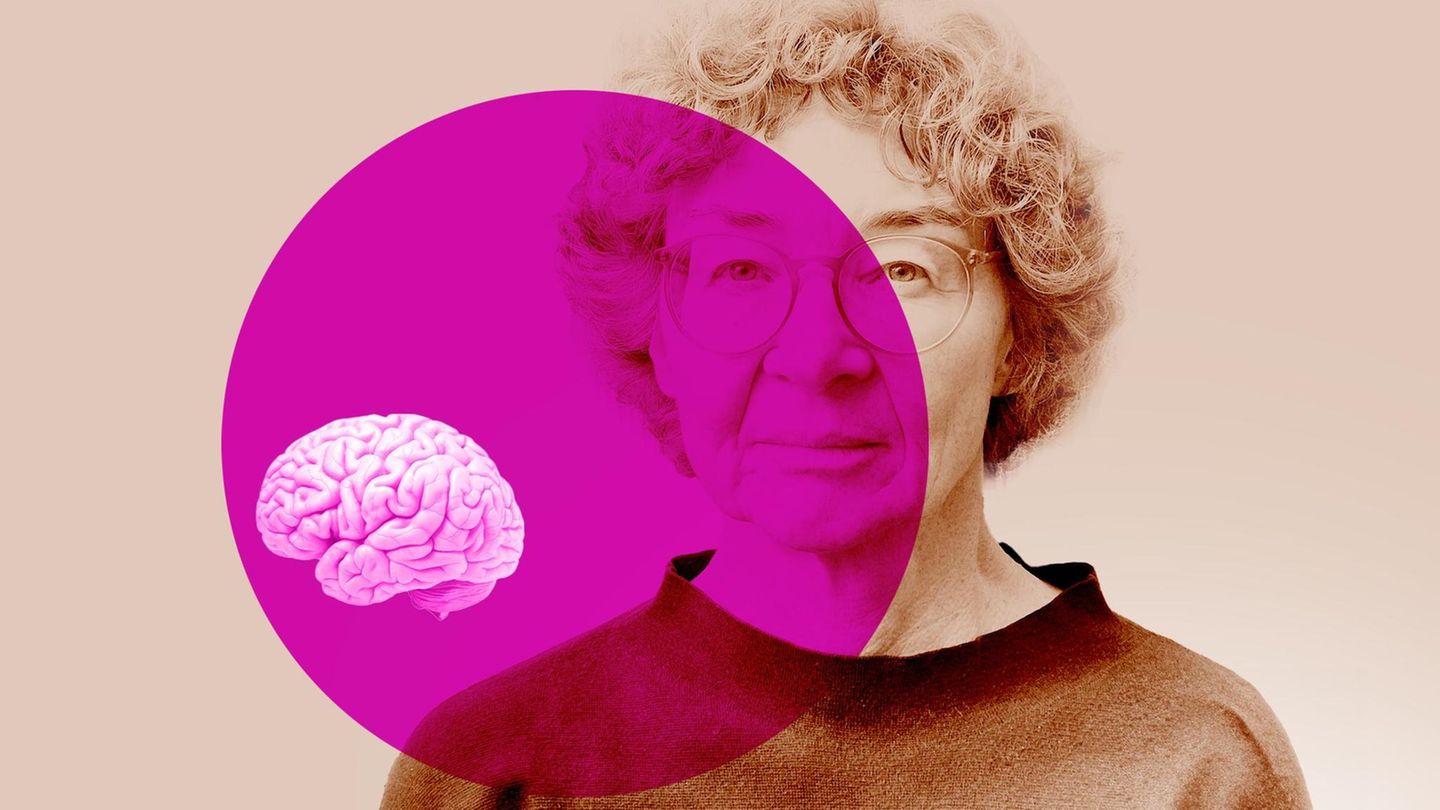(By Virginia Solana) The case of a young indigenous woman in Colombia who was denied an abortion by the courts exposed “the barriers to access that exist in contexts of greater vulnerability”, the fragility of not having a law that guarantees that right as if there is in Argentina and generated “confusion”, since some media “disinformed” that a ruling from last year that legalized the voluntary interruption of pregnancy (IVE) had been reversed until the 24th week of pregnancy, agreed feminist organizations in the country consulted by telam.
It all started when a 23-year-old woman sued the Indigenous Association of Cauca (AIC), the health promoting entity (EPS) of her community, for denying her the IVE.
A first instance judge ruled against the young woman by prioritizing the autonomy and special jurisdiction that indigenous peoples have, but in the second instance that sentence was revoked, alleging that the indigenous authority “is not absolute” and that the “reproductive self-determination” of each person.
However, for the woman who requested the procedure, it was already too late, because that second instance resolution was known when the 24 weeks of pregnancy established by the plenary session of the Constitutional Court in its Ruling C-055 of February of last year had already passed. , which decriminalized abortion in Colombia.
That same judicial body, in charge of ensuring the integrity and democracy of the Constitution, later analyzed the entire course of the lawsuit and generated a statement that caused a stir: “The Chamber reiterates that in Judgment C-055 of 2022 the Court Constitutional did not recognize a fundamental right to the IVE that can be exercised freely until week 24 of gestation “.
When this became known, some media and journalists sowed “confusion” by pointing out that the Court had “reversed” its decision on abortion, Ita María Diez, a member of the feminist movement Causa Justa and editor of Volcánicas Magazine, told Télam.
The media approach was “stigmatizing, imprecise and loaded with misinformation,” he added, reaffirming that the sentence that decriminalizes abortion is still in force throughout the Colombian territory.
“The news was important, because it shows that barriers to access to legal and safe abortion persist, especially in contexts of greater vulnerability. A woman could not abort because they submitted her decision to third parties for approval, that is the most serious and in Instead of seeing what those barriers continue to be and focusing on how we can solve them, the mainstream media has added more confusion,” complained Diez, founder of the magazine Viejas Verdes and author of the book May privilege not cloud empathy.
For her part, Catalina Martínez Coral, regional director of the Center for Reproductive Rights and also a member of Causa Justa, reported that both groups requested that the first sentence be declared null and void to prevent it from affecting other indigenous women in the future.
“We have requested annulment ex officio, since this ruling ignores a whole block of constitutionality that has been created in the Constitutional Court around reproductive rights and specifically abortion services,” added the woman, referring to the public policies developed by the Ministry of Health, which in January of this year issued a resolution indicating to the entire health sector that the safe abortion service was mandatory.
On the other hand, he highlighted that the decision that prevented the indigenous woman from having an abortion was not taken by the Plenary Chamber, that is, by the nine magistrates of the Constitutional Court, but only three of them, while C-055 that legalized the right last year it was endorsed by the entire room.
In Colombia, abortion is legal until the 24th week of gestation and the practice continues to be so after that period when the life or health of the pregnant woman is at risk, when the pregnancy is the result of rape or when the pregnancy suffers from a inviability incompatible with life.
Beyond clarifying that the decriminalization of the IVE is in force, the feminist movement is on alert for the interpretation that can be made of the latest statement of the Constitutional Court.
“More than having relevant legal effects, this creates too much confusion because it contradicts a whole constitutional framework, a jurisprudential line of the Constitutional Court in Colombia, where it has been repeatedly declared for almost 20 years that the right to health is a fundamental right. , that sexual and reproductive rights are part of this right. So, this recent statement by the Court is an isolated statement from all its jurisprudence,” Martínez Coral asserted.
The president of the Colombian feminist organization Jacarandá, Viviana Bohorquez, assured this agency that the services linked to the IVE continue to be provided, but warned that the sentence is an alert “that the Court can moderate, change or restrict the decision made more than a year”.
In this sense, he highlighted the importance of transcendental decisions that generate strong divisions not being taken by judges, but guaranteed by law.
“When the judges decide there is always the possibility of changing decisions, while when the legislator decides, as is the case in Argentina, it is much more difficult to modify a law, it is about other consensuses. It is not about the interpretation of nine magistrates, but rather a general consensus in Congress”, evaluated Bohorquez.
In addition, although it only affected one person, it sets a precedent and could be “a possible first step” to annul the right.
“From the feminist movement we have to accept that there are always setbacks about our bodies, about our rights, about the right to decide about motherhood, where they always want to think that we are not capable, that women cannot decide, that in that case they should ponder whether it is valid or invalid with the indigenous authorities and with the medical service,” he warned.
Source: Ambito




